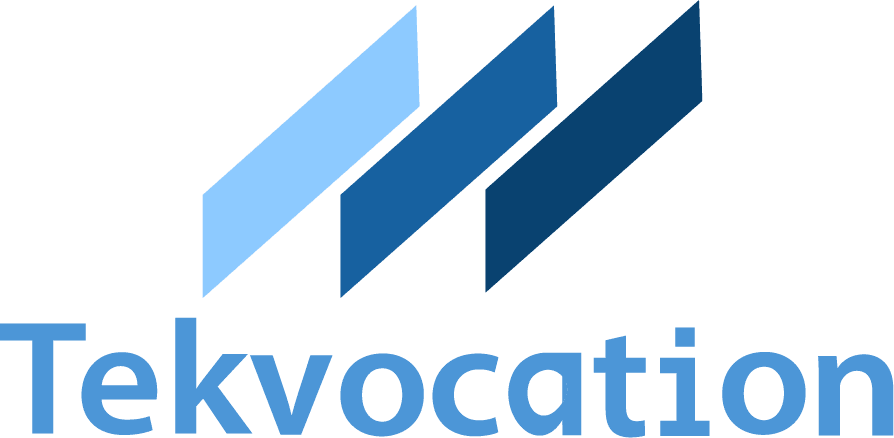The New Disruptors: Beyond the Buzzwords
AI Tools and the Evolving Developer
Challenges in a High-Speed Ecosystem
Even as technology promises progress, both experts caution against overlooking its challenges. Shivumanjesh notes that developer burnout, ethical dilemmas, and the pressure to know it all are rising. “The future belongs not to the perfect, but to the persistent, to those who stay curious,” he reminds us.
Yashaswini echoes this with a call for ethical foresight. “As systems grow more powerful, issues like data privacy, algorithmic bias, and equitable access will define whether technology empowers or divides, ”she states. She believes future professionals must be equipped not only with technical skills but with a strong moral compass.
